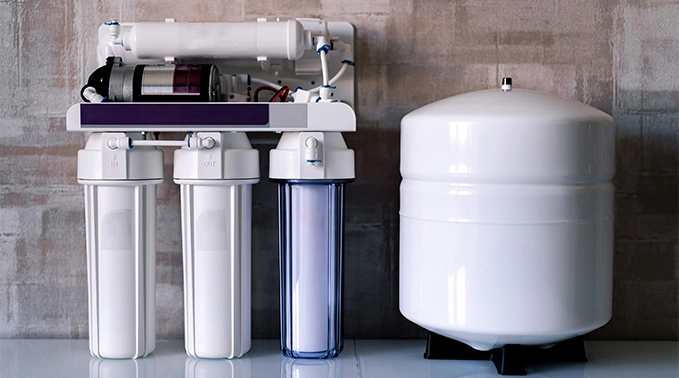Tankless systems may be more energy efficient than traditional water heaters; however, they still come with their own set of drawbacks that need to be considered when considering installing one in your Buffalo-area home. Before making your decision on installing such an innovative water heating solution, it’s essential that you understand both its benefits and drawbacks before making your final decision.
Tankless heaters take up less space than their counterparts because they do not require room for an expansive tank, while having longer lifespans than traditional models.
1. They are more expensive to install
If you are considering upgrading to a tankless water heater, it is essential that you understand all associated costs. These expenses include both equipment costs as well as installation services which could involve duct work or electrical upgrades as necessary.
Tankless water heaters typically fall into two categories, non-condensing and condensing models. Condensing units feature an additional heat exchanger which captures excess heat for recycling back into heating the incoming water supply – increasing energy efficiency by heating only what needs heating at that moment in time.
These systems may be more costly to install due to requiring a more complex ventilation system and stainless-steel flue pipes for natural gas or propane use.
To get an approximate cost estimate of switching to tankless, call at least three plumbers and get their estimates. Alternatively, search the Better Business Bureau website and read reviews about local professionals to make your choice easier.
2. They require more maintenance
Tankless water heaters may be less costly to install than traditional storage tanks, but they still need maintenance for optimal performance and long life. To make sure it lasts as long as possible and provides hot water when you need it.
One of the major obstacles a tankless water heater must navigate around is hard water, which contains minerals that build up over time and block passageways for water flow, shortening its lifespan and raising energy bills in turn.
To avoid this scenario, it’s wise to have your tankless water heater professionally serviced at least annually. This process involves flushing the system with a solution designed to remove mineral build-up in the water supply as well as cleaning its filter and inspecting for leaks or any potential damages. If this task seems overwhelming to complete, consider hiring an experienced plumber instead – professional services offer additional peace of mind when performing these tasks on their own.
3. They don’t last as long as traditional water heaters
Traditional water heaters use a storage tank to heat water, often powered by either natural gas or electricity and often installed in garages, basements, and large closets.
Traditional water heaters typically last about ten years before breaking down or needing repairs.
A conventional water heater’s lifespan depends on how well it’s taken care of. Failing to regularly clear out its sediment filter or flush out mineral buildup from within its tank can result in mineral buildup which reduces efficiency and shortens its life span.
As time passes, water heater storage tanks can corrode over time, creating sedimentation and corrosion within their interior lining that leads to leakage or other forms of water damage.
4. They aren’t as energy efficient
Tankless water heaters can be more cost-efficient than their tank counterparts, as they only activate when hot water is actually needed instead of constantly reheating stored hot water (known as standby loss).
The Department of Energy estimates that tankless systems using less than 41 gallons per day are 24%-34% more energy-efficient than traditional storage tank heaters, while for homes that utilize over 86 gallons, on-demand tankless systems may provide savings of 8-14 percent in energy costs.
These high efficiency ratings may be partially attributable to not residing in a basement or utility closet like more commonly seen tank-style systems are. While the EPA has classified many such products as energy efficient, their true comparative effectiveness cannot be accurately determined against other appliances on the market.




